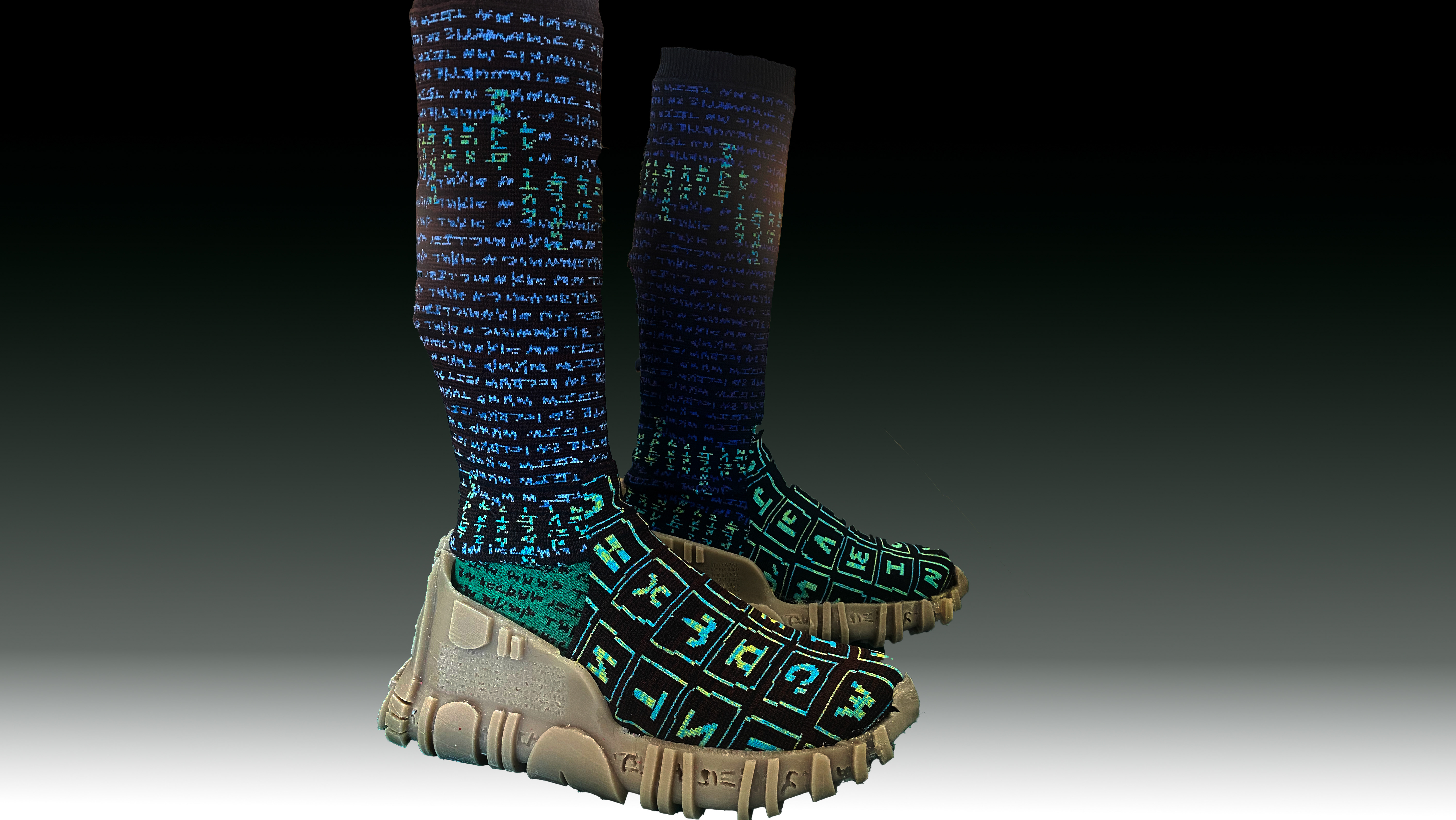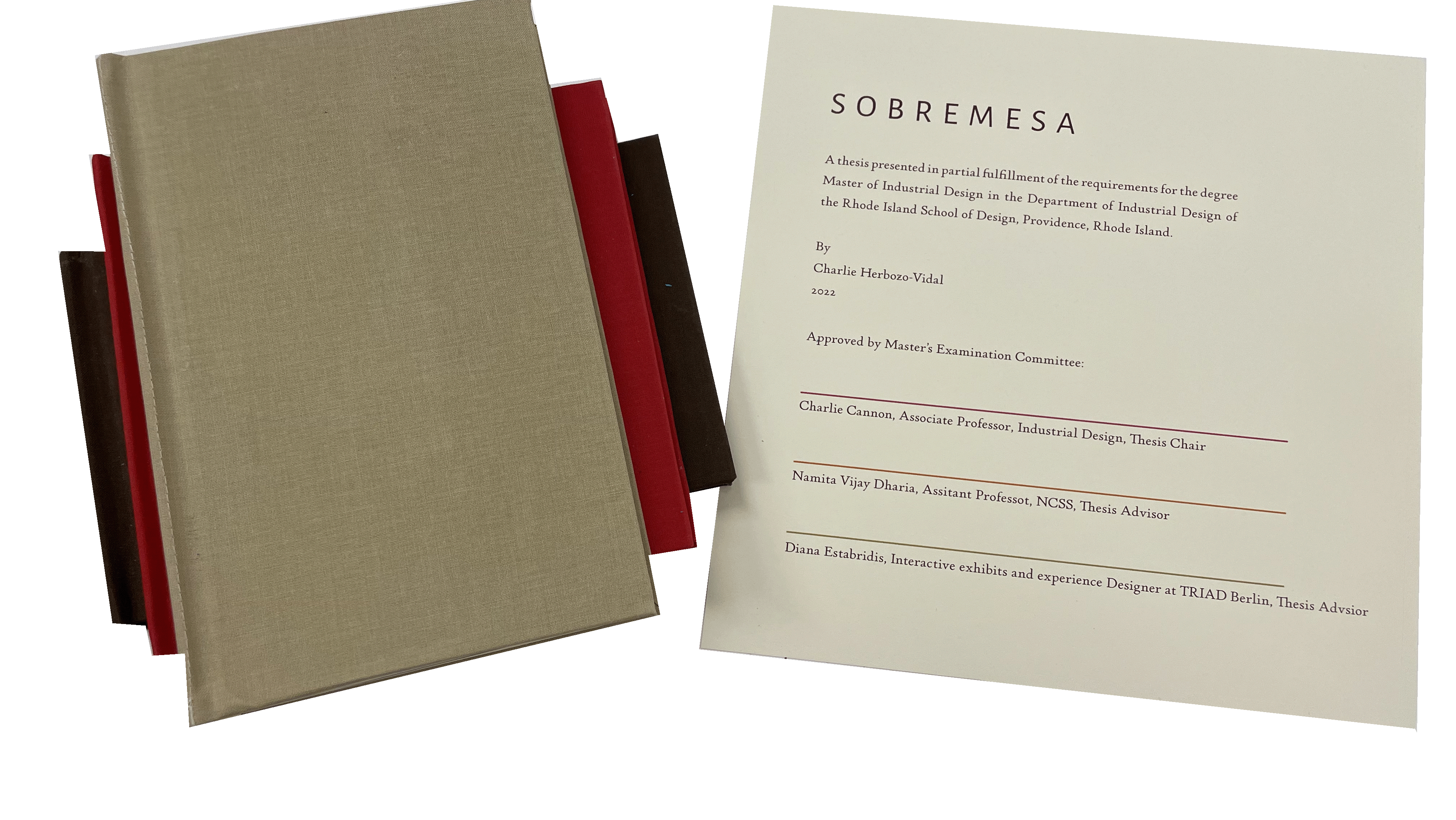Understanding the Mealspace as a tool for User Experience Research
Developed as a thesis project for the Master of Industrial Design Program at the Rhode Island School of Design, SOBREMESA seeks to understand the space that is created at a meal, or the mealspace, as a tool to research user experiences with issues of politics, race, colonialism, and society.
In creating discomfort at the table, can users feel inclined to begin discussing elements or topics that would be unacceptable at a traditional table? Where do conversations begin? How can the act of eating together be an influencing factor for social structures outside of the mealspace?
Beginning with an exploration of the Colonial Knot — defined by Gonzalo Portocarrero as the moment of 'clash' between Europeans and Native inhabitants of the Americas — and the consequences of the divided systems it has created in Peru, Sobremesa seeks to understand the experiences that exist around the table as a platform for dialogue and understanding.
What would it take for Peruvian people to stop being complacent and start working towards a unified society?
This project proposes a theory of changed based on generating awareness and acknowledgment. The Colonial Knot has generated erasure. History and traditions that have been forgotten or purposefully ignored. These are voices that still exist but fail to find a platform or space to make themselves heard.
In creating this awareness, and moment of self reflection, there is an invitation to acknowledge our roles in maintaining a society that is the direct result of these moment of violence.
This acknowledgment will lead to action, and action to change. But where to intervene?
Engaging with Users
Engaging with Peruvian citizens, the first question that was asked asked them to reflect on Peruvian Identity. What is something that all Peruvians can share? That can unify all of them?
If food is a stand-in for Peruvian identity, how does the experience of a meal reflect our experience in Peruvian society? In interviewing people about their most treasured memories around food and eating, we find there are different manners of experiencing the act of eating. And they reflect something about the culture in which they developed. What do we effectively remember about eating? Why do we remember what we remember? What does that say about or culture?
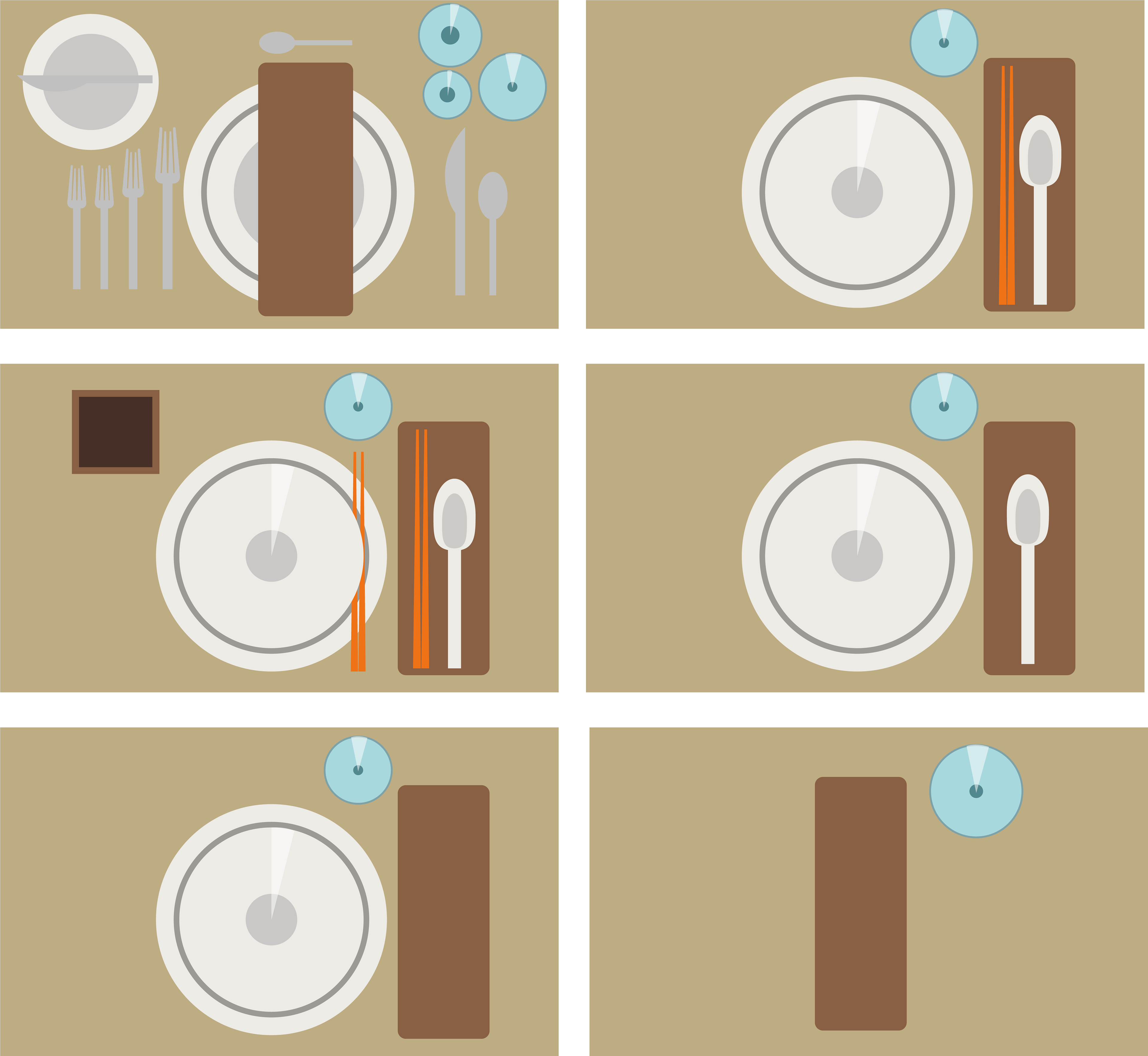
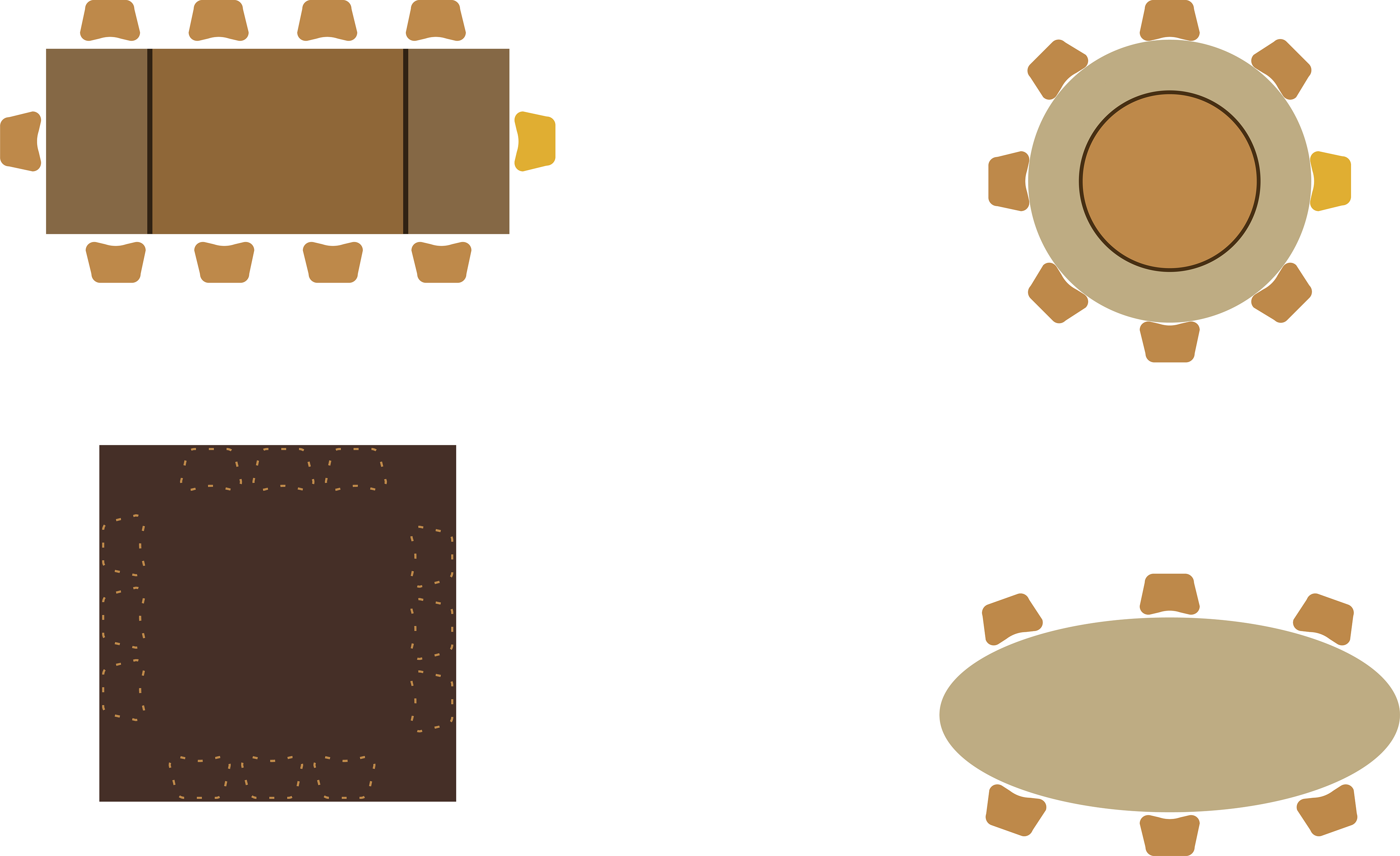
But in the context of Peruvian Food and Identity, these elements are not experience the same way by everyone.
While Peruvian food is a result of the trans-culturization processes started during the colonial period, not so are the traditions that accompany it. Some, if not most of them result foreign to the population that originated these dishes.
During an interview with an Indigenous woman from Peru, she expressed her discomfort at how her traditions had been appropriated by upper-class chefs without recognition to the traditions that accompany her cultural heritage.
In that sense, just like the colonial knot has created a 2-republic system in Peruvian society, it too has generated a 2-republic system in Peruvian Food. It is possible that an intervention in the Mealspace may work as a way to spark a conversation on the 2-republic system that exists not only in Peruvian Food, but also in Peruvian Society as a whole.
What stories should be told through the mealspace?
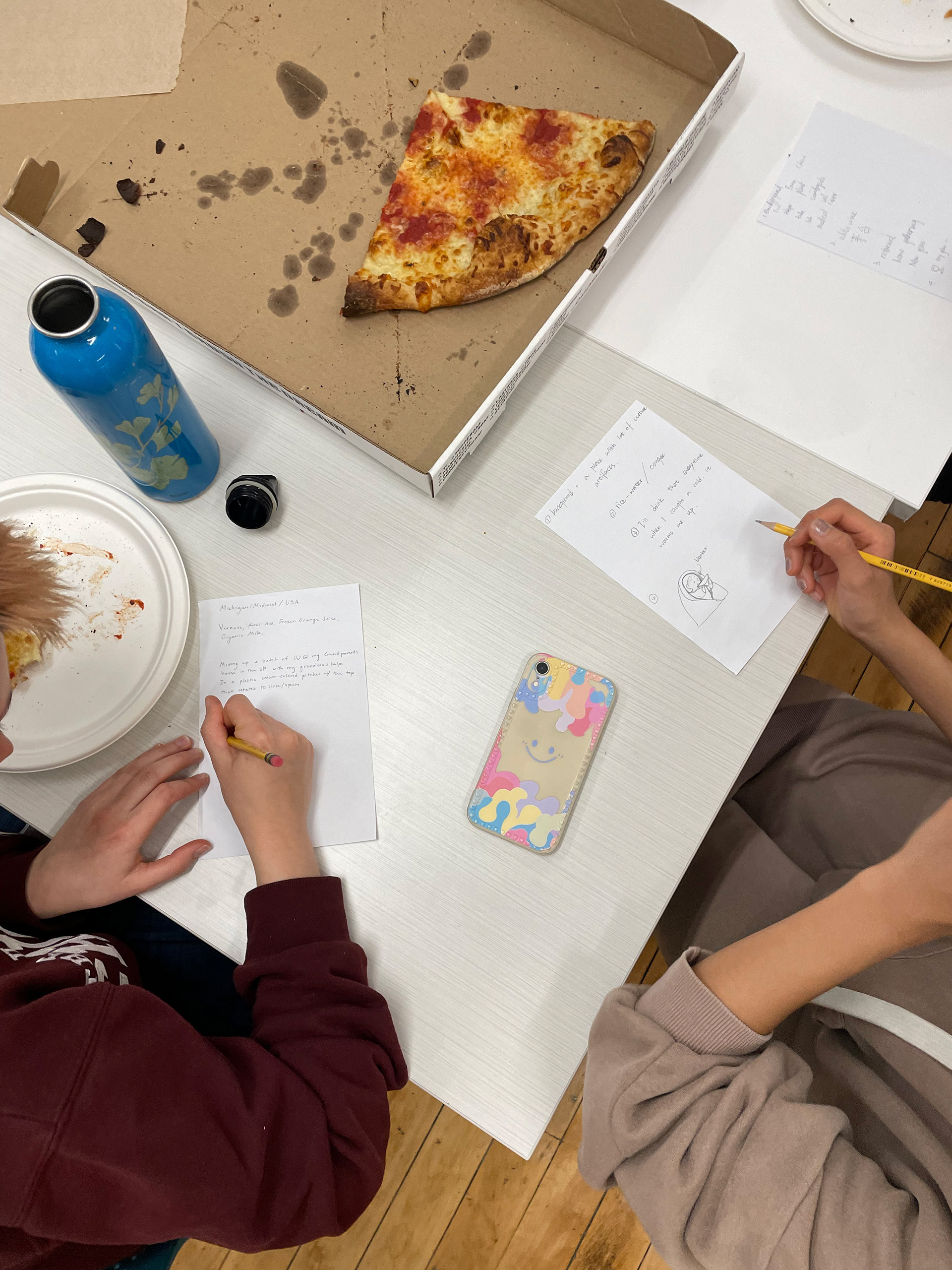
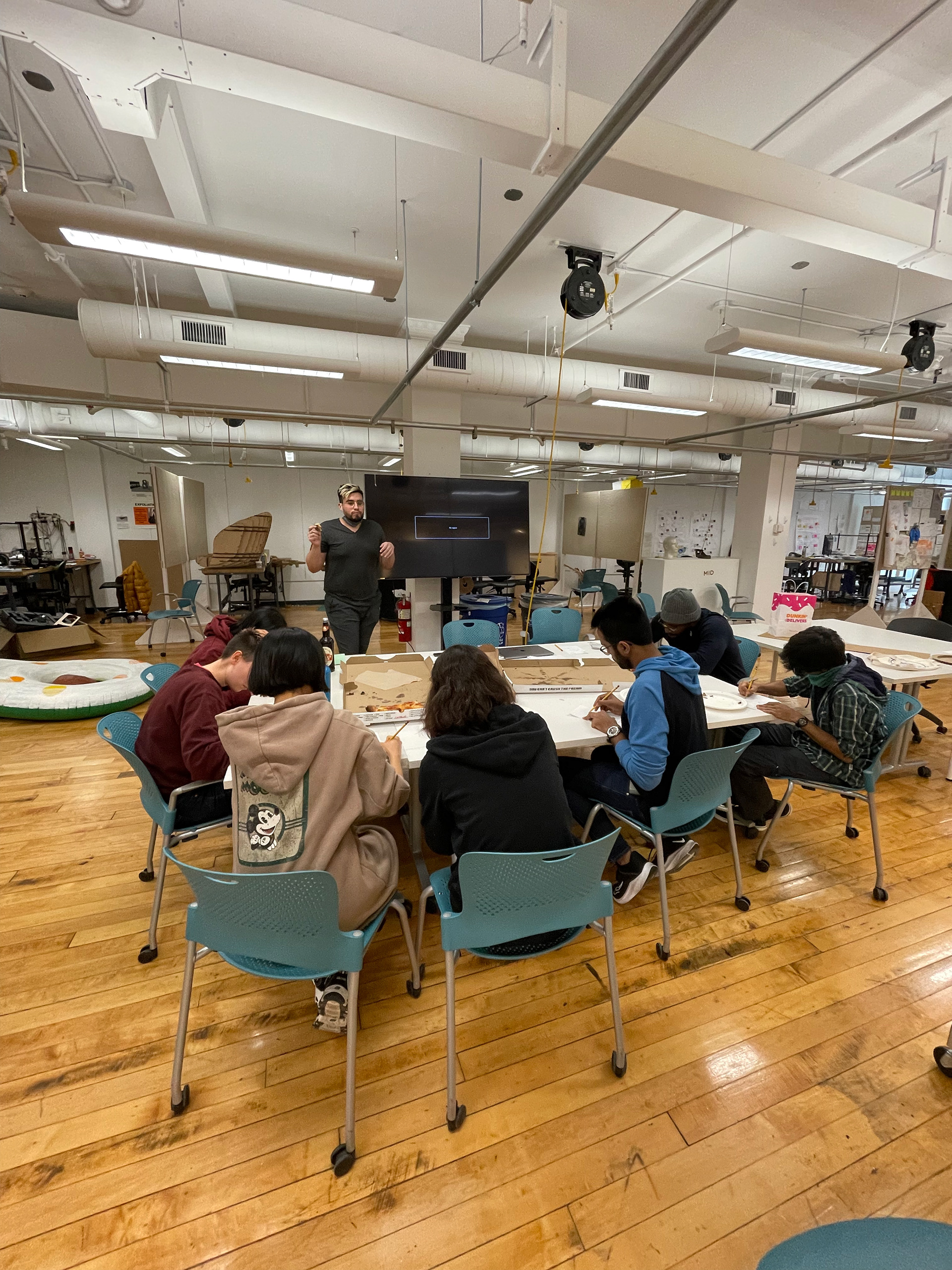
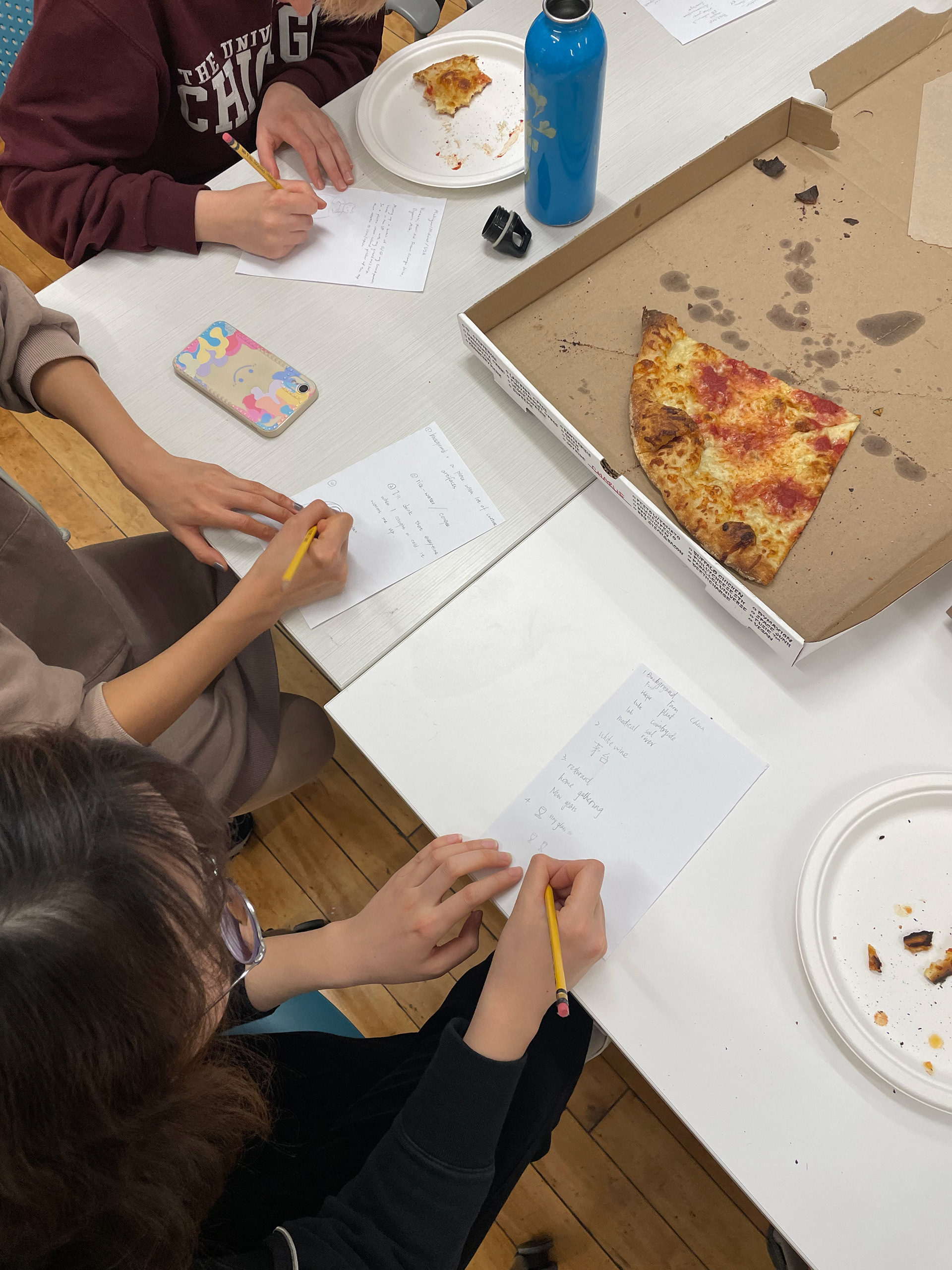
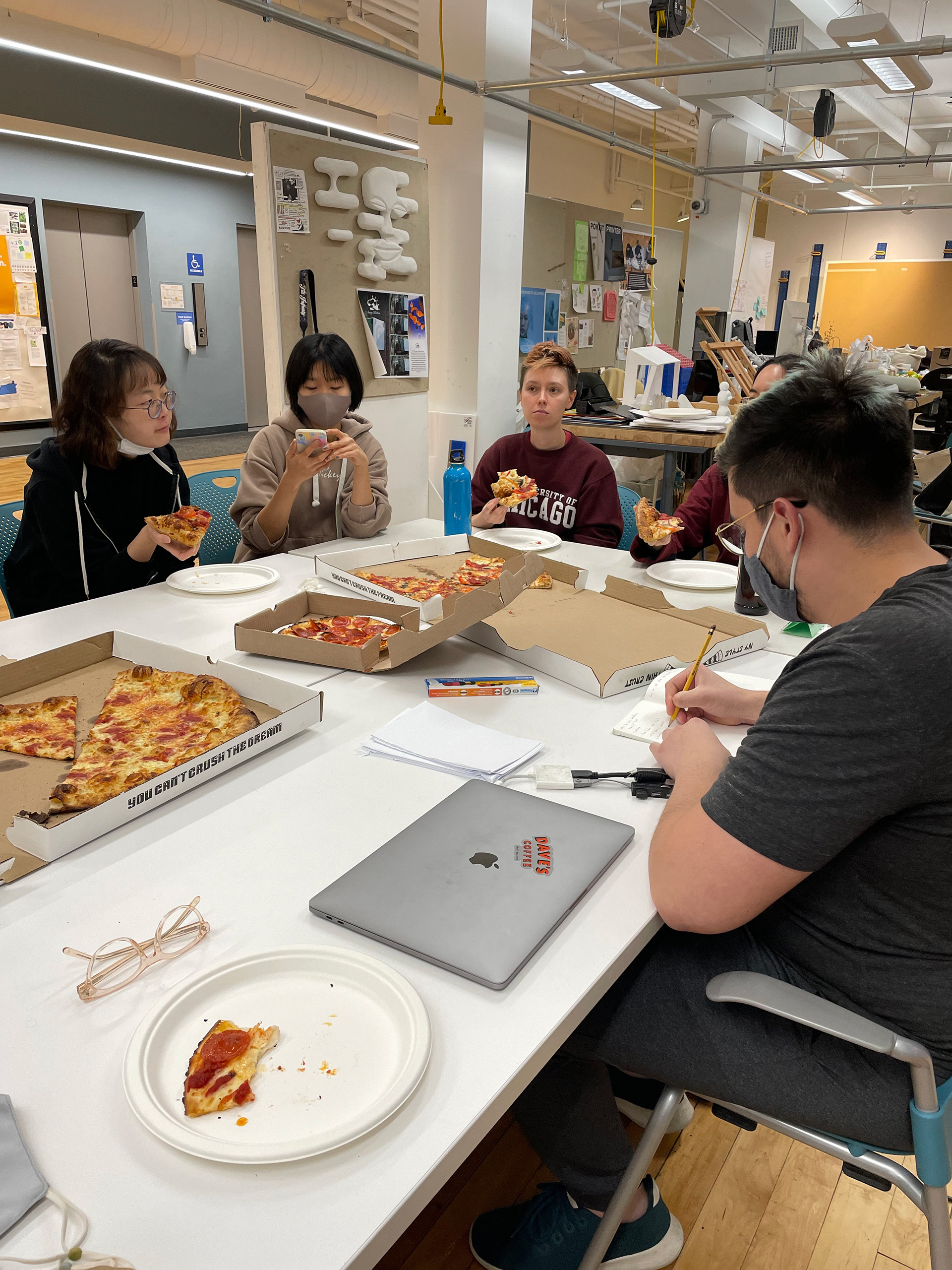
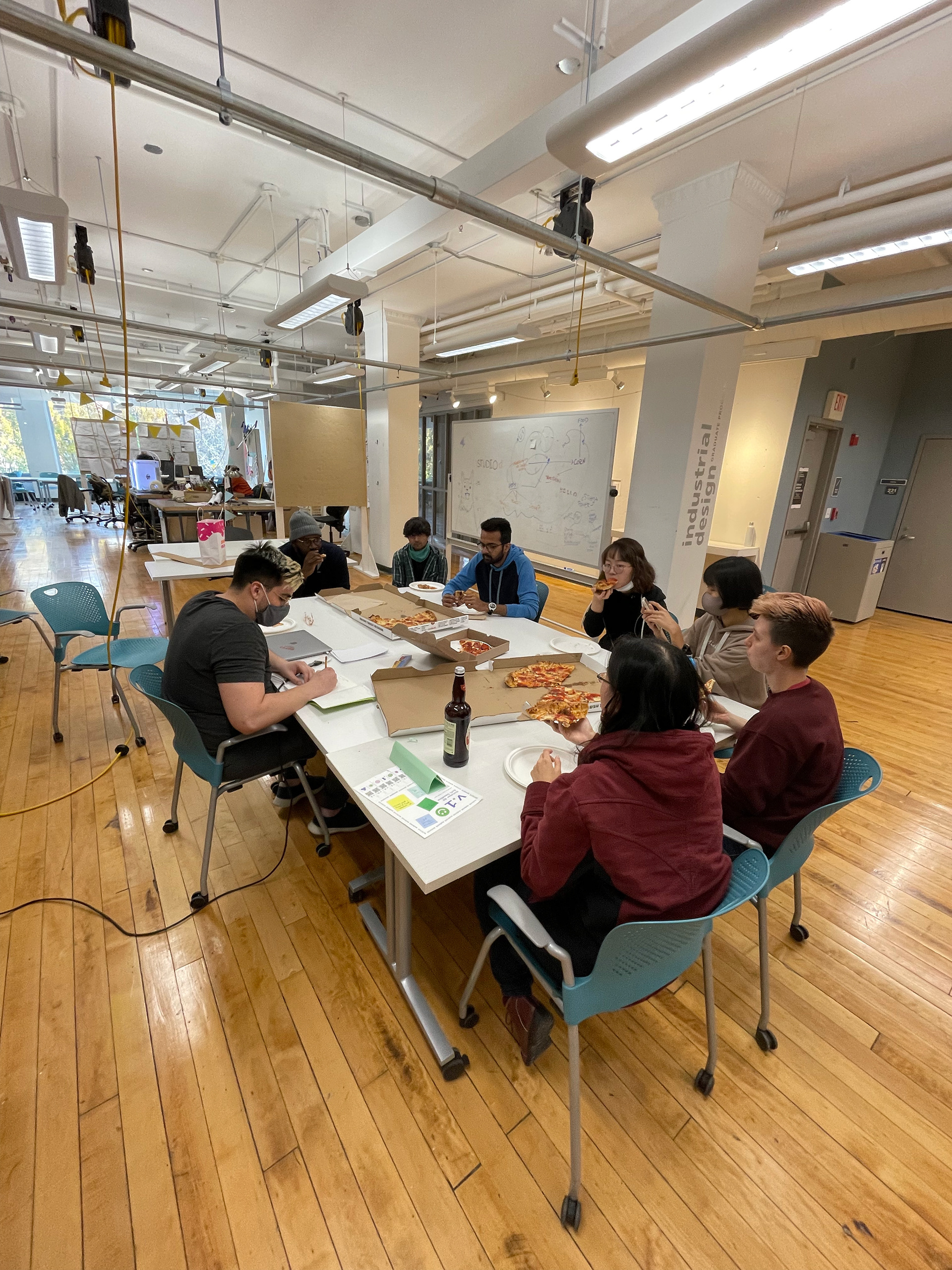
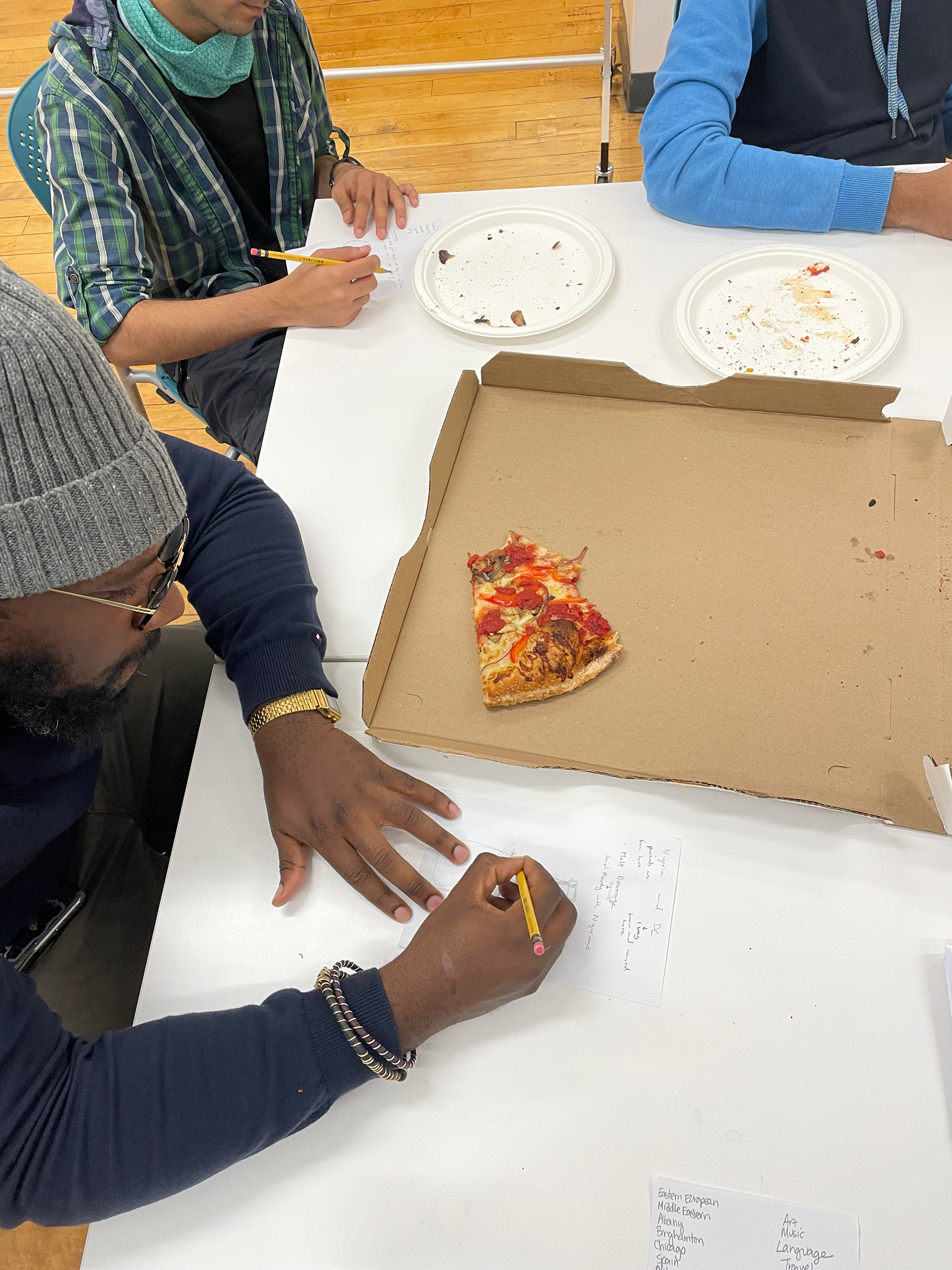
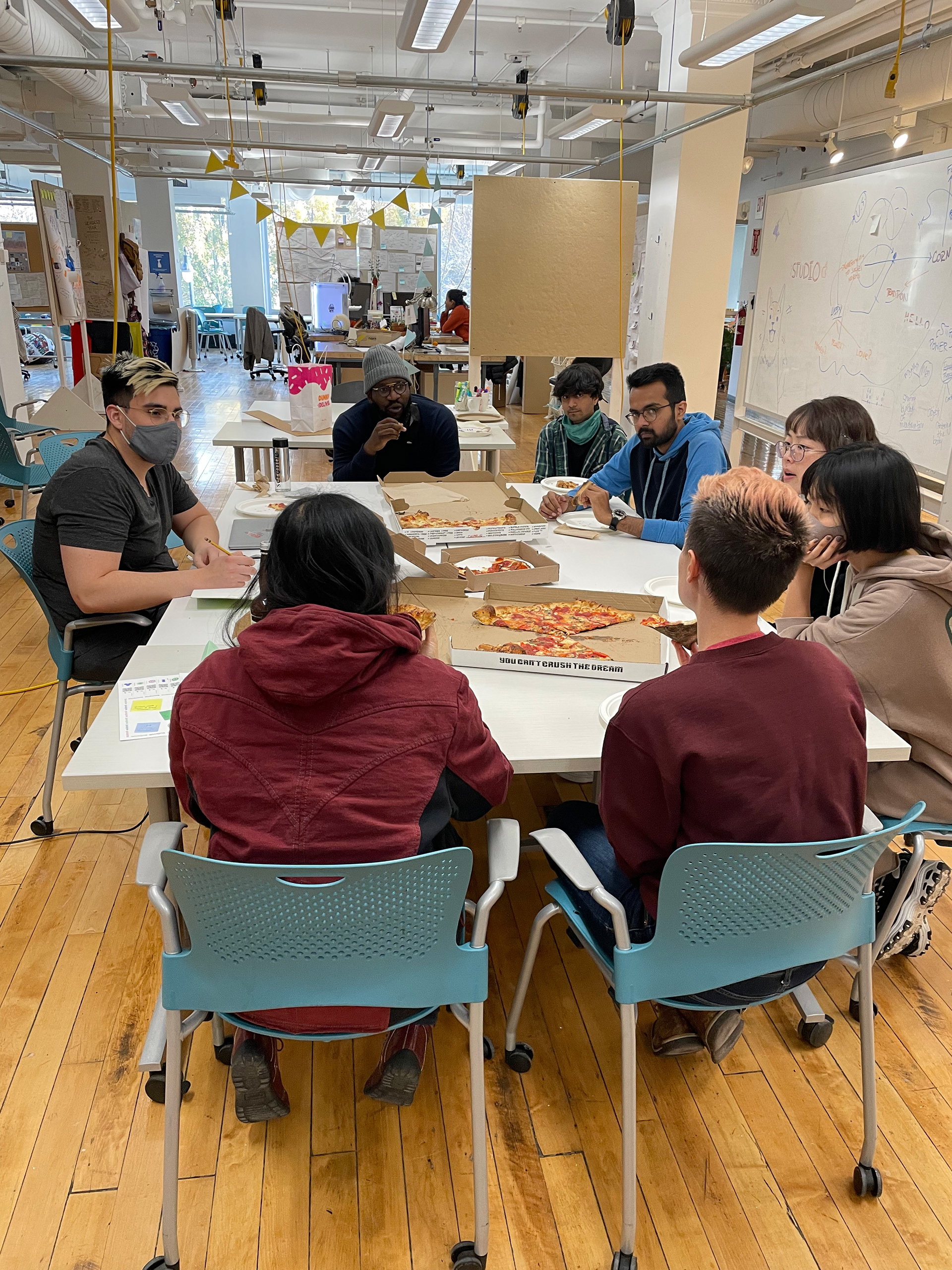
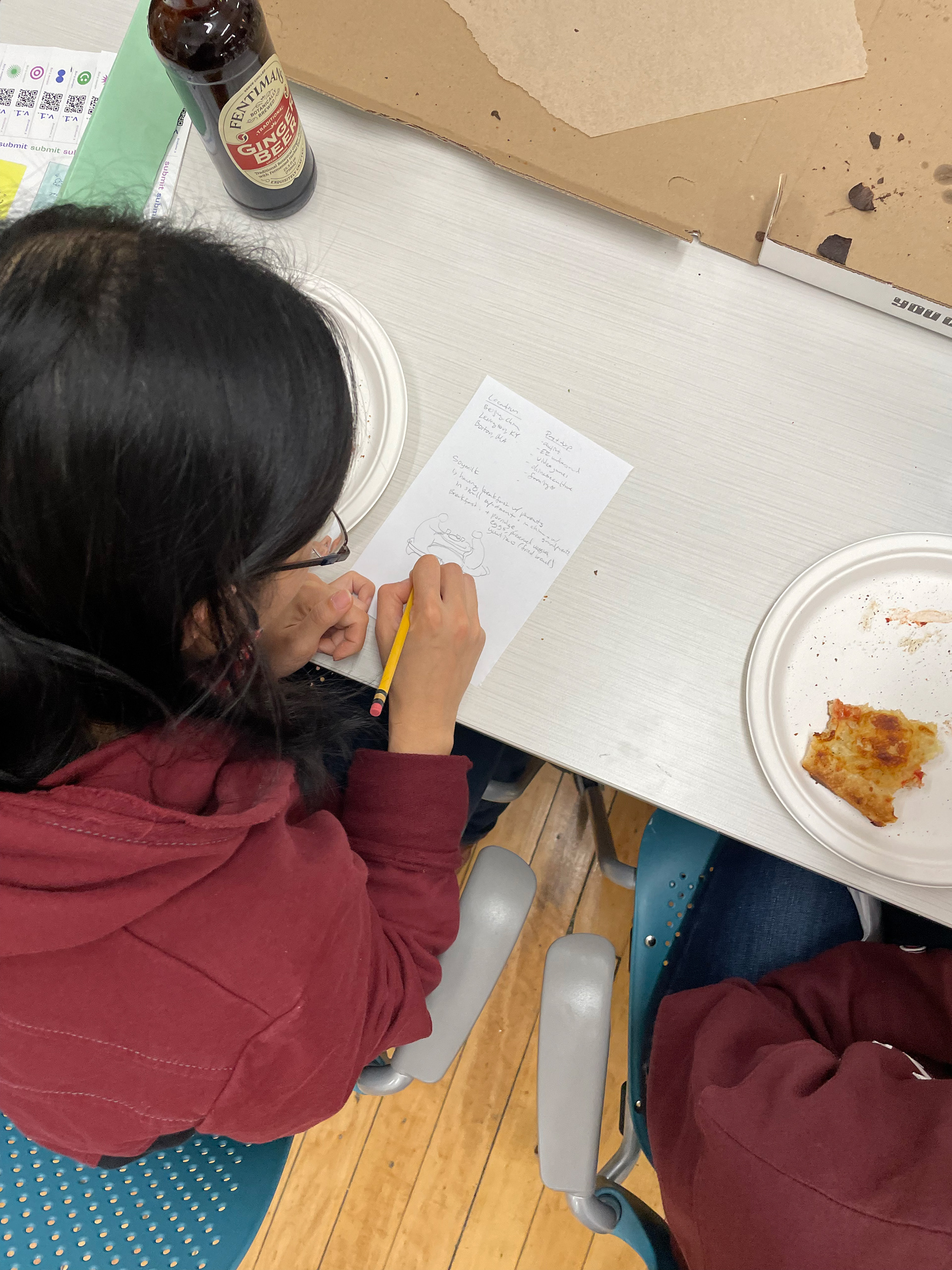
What do we need in order to tell these stories? To Listen? To be open to challenging our notions of a Peruvian Experience?
Through these interviews we find that there are common elements that can help shape a conversation, and that are already part of the Peruvian Mealspace Experience.
But also, that there's discomfort in some of these elements and that there's room to utilize it to begin talking about social discomfort.
An Embodied Experience

